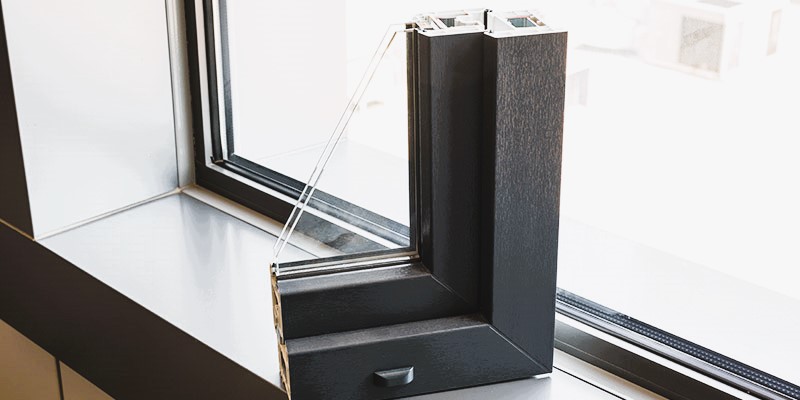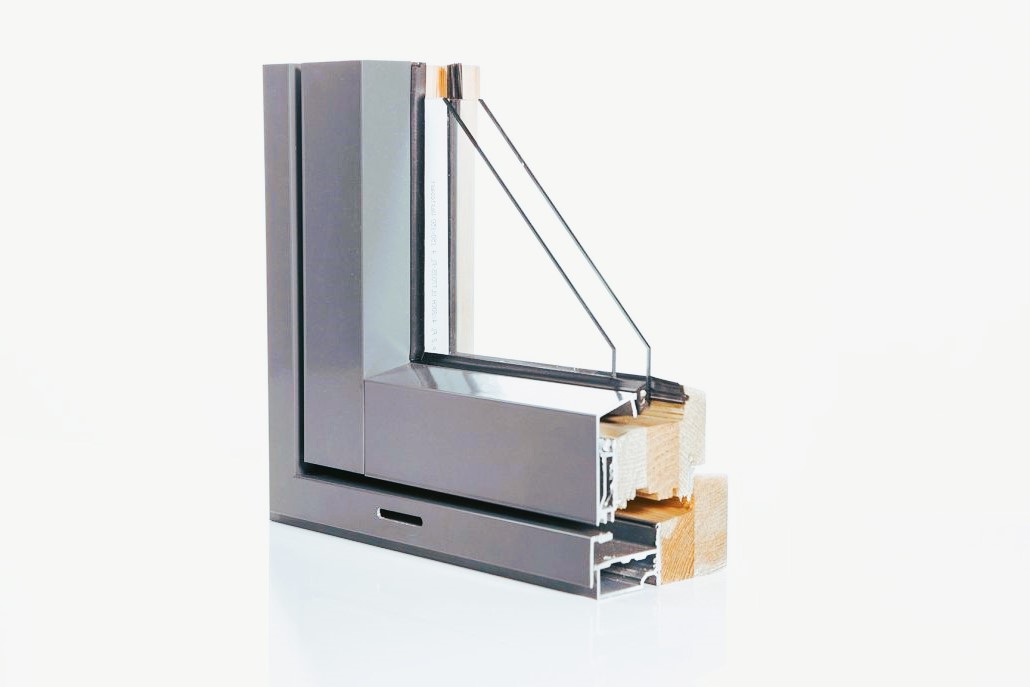Aluminum window frames have become increasingly popular in the construction industry due to their durability, strength, and aesthetic appeal. As a versatile material, aluminum offers numerous advantages for window frames, making it a preferred choice for residential and commercial applications. In this article, we will explore the characteristics of aluminum window frames and their resilience in various environments.
Aluminum is a lightweight yet robust metal that exhibits excellent structural integrity. When used in window frames, aluminum provides superior strength, allowing for larger window openings and expansive views. Additionally, aluminum is highly resistant to corrosion, making it an ideal material for regions with high humidity, coastal areas, or locations prone to harsh weather conditions.
One of the primary benefits of aluminum window frames is their resilience to environmental factors. Aluminum is inherently resistant to rust and corrosion, unlike other metals such as steel. This resistance is due to the formation of a thin oxide layer on the surface of the aluminum, which acts as a protective barrier against moisture and atmospheric elements. Consequently, aluminum window frames can withstand exposure to rain, humidity, and temperature fluctuations without compromising their structural integrity.
Furthermore, aluminum window frames exhibit excellent thermal performance. They can effectively prevent heat transfer, reducing energy consumption and maintaining comfortable indoor temperatures. To enhance their energy efficiency, aluminum window frames can be fitted with thermal breaks, which are insulating materials placed between the interior and exterior parts of the frame. These thermal breaks minimize heat conduction, further improving the insulation capabilities of aluminum windows. Have you ever wondered how durable plastic windows are? We found the answers, they are in this article.
Aluminum window frames are also highly resilient to UV radiation. They are often coated with a durable finish, such as powder coating or anodizing, which provides additional protection against fading, discoloration, and deterioration caused by sunlight exposure. This UV resistance ensures that aluminum window frames retain their aesthetic appeal and functionality for an extended period, even in regions with intense sunlight.

In terms of maintenance, aluminum window frames are relatively low-maintenance compared to other materials. They do not require frequent painting or sealing, and they can be easily cleaned with mild soap and water. The inherent durability of aluminum also means that window frames made from this material are less susceptible to scratches, dents, or warping, contributing to their long lifespan.
To ensure the quality and resilience of aluminum window frames, it is essential to adhere to industry standards and regulations. Organizations like the American Architectural Manufacturers Association (AAMA) and the National Fenestration Rating Council (NFRC) provide guidelines and certification programs for aluminum windows. These standards cover various aspects, including structural performance, air infiltration, water resistance, and thermal efficiency. Compliance with these standards assures consumers that the aluminum window frames meet rigorous quality requirements.
In conclusion, aluminum window frames offer remarkable resilience and durability in a variety of environments. Their resistance to corrosion, thermal efficiency, UV resistance, and low maintenance make them an excellent choice for both residential and commercial applications. By adhering to industry standards and choosing certified aluminum window frames, homeowners and builders can ensure the long-lasting performance and reliability of their windows.
For more information on aluminum window frames and industry standards, please refer to the following sources:
- Wikipedia: Aluminum Windows

